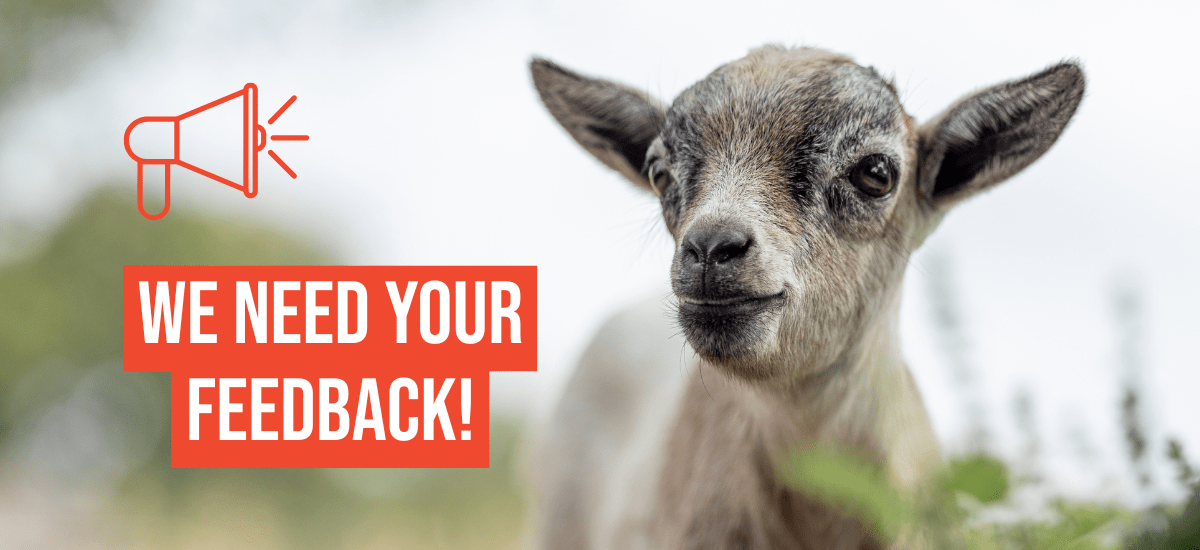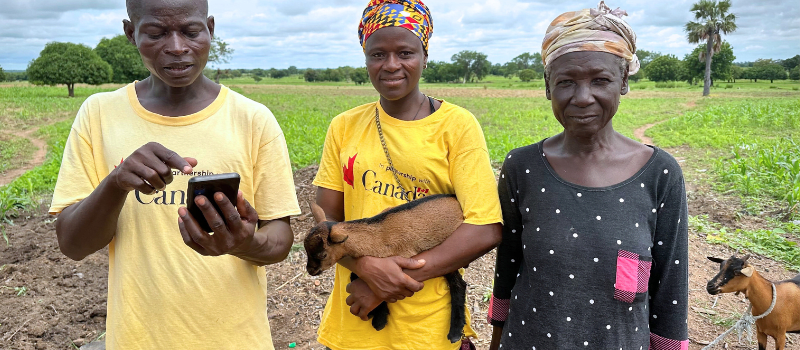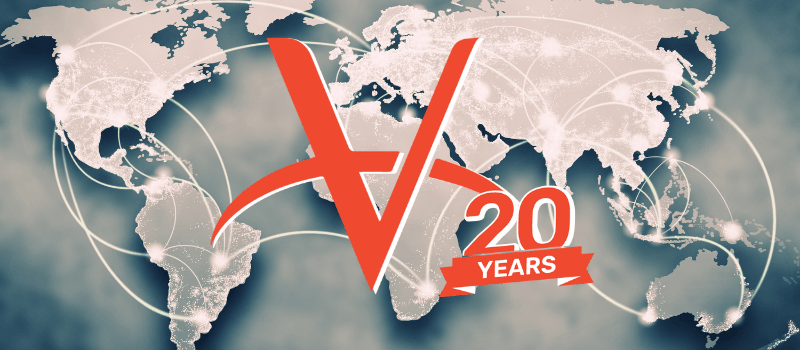To celebrate International Women's Day 2024, we are releasing a week-long series featuring “Women of VWB”. The Women of VWB are effective and powerful change-makers who #InspireInclusion daily. They demonstrate the diversity of VWB thought leadership and expertise around the world, and all that it takes to promote animal, human, and environmental health!
 Today, we introduce you to Dr. Michelle Tuma (DVM), Northern Canada Veterinary Specialist, VWB North America. In this interview, Michelle shares her perspectives, her experiences, and her passions for One Health and veterinary medicine.
Today, we introduce you to Dr. Michelle Tuma (DVM), Northern Canada Veterinary Specialist, VWB North America. In this interview, Michelle shares her perspectives, her experiences, and her passions for One Health and veterinary medicine.
Q: Can you tell us about your background and how you became involved with VWB?
A: I grew up in Yellowknife, Northwest Territories, surrounded by a deep appreciation for animals and nature. After completing my Bachelor of Science with distinction at the University of Alberta, I pursued my veterinary degree at the Western College of Veterinary Medicine. Following graduation, I returned to Yellowknife to work in private practice and became engaged in veterinary outreach to remote communities. My involvement caught the attention of VWB in 2018, leading to the development of a pilot project in Canada's North, which eventually led to my current role.
Q: How does your work at VWB contribute to promoting the concept of One Health?
A: In the North, the concept of One Health is intrinsic and there is deep awareness of the interconnectedness of animal, human, and environmental health. Our Northern Animal Health Initiative (NAHI) embodies this approach through community-driven partnerships, sustainable veterinary care, and knowledge sharing. As of 2024, NAHI has 11 community partners across Northwest Territories and Nunavut, where we travel at least once annually for a temporary veterinary clinic. Working closely with Indigenous and Inuit communities, we address their self-identified concerns and priorities to enhance animal health capacity sustainably, and to maintain harmony in local communities.
Q: In your view, why is it important to prioritize the health and well-being of both animals and people?
A: The bond between animals and humans is profound and multifaceted. Animals play various roles in people's lives, from companionship to livelihood, making their welfare crucial for human well-being. This interconnectedness extends to physical health, mental well-being, and even zoonotic disease awareness.
Q: Can you tell us about your experience during the 2024 wildfires in NWT, and how this impacted you?
A: The 2024 wildfire season in NWT was truly devastating. Communities faced sudden evacuations with little preparation, leaving pets in a perilous situation. When evacuations began in Behchoko, 100km from Yellowknife, volunteers stepped in to aid in pet evacuations, but the lack of a comprehensive plan for the pets’ placements presented a challenge. So, I took on the task of securing housing for the evacuated animals, leading to numerous animals finding refuge in foster homes and boarding facilities. We even constructed temporary outdoor shelters for some dogs, with dedicated VWB volunteers providing round-the-clock care. In total, VWB provided housing, food, and medical care for over 100 animals.
As neighboring communities faced evacuations, including my hometown of Yellowknife, the chaos intensified, and I remained committed to supporting the animals left behind. As the last veterinarian in town/territory, I provided care, coordinated pet evacuations, and facilitated reunions with owners who had evacuated south. It was a tumultuous period, but the dedication and support of the VWB team ensured that I could navigate through the crisis effectively.
Ultimately, for me personally, the whole experience reaffirmed the importance of our work in holistic care for animal health and wellbeing, and thereby the health and wellbeing of entire communities.
Q: Tell us about a success or memorable experience from your work.
A: Sure, I can tell you about two that come to mind. First, in 2023, we celebrated 5 years of partnership with three of our community partners - these partners have been involved in NAHI since the beginning of our pilot program in 2019! We are noticing that, with our emphasis on preventative care and vaccination, the companion animal population in these communities is living longer, healthier lives. That's an amazing success to witness.
Secondly, I have to share about a young girl I met in a community a long time ago, before I joined VWB. She was about 11-years-old at the time, and very interested in veterinary medicine. I visited her community a couple of times, and this girl and her mother would always come to our clinic. Last year, she was old enough to actually volunteer at one of our clinics, and she had such an incredible time. I'm really looking forward to see her again this year and to continue to inspire and encourage her love for veterinary medicine!

Q: What is the role of women in driving positive change within community-centered animal health systems?
A: Women play a pivotal role in driving positive change within One Health and community-centered animal health systems. As caregivers, leaders, and advocates, women contribute diverse perspectives and empathetic approaches to addressing complex health challenges.
Q: What challenges have you faced as a woman working in the field of veterinary medicine?
A: Navigating gender biases and stereotypes has been a persistent challenge throughout my career. Despite encountering skepticism due to my age and gender, I've persevered by focusing on proving my capabilities through dedication and expertise.
Q: What advice would you give to other women aspiring to pursue careers in veterinary medicine?
A: Most people who pursue a career in veterinary medicine are compassionate individuals that put the needs of others (i.e., pets, clients, partners, employees) before their own. This is our nature. But you can’t care for others if you’re depleted. So, stay resilient and prioritize self-care. Moreover, when you see another woman walking a non-traditional path or adopting a leadership role, celebrate her successes! Finally, embrace challenges as opportunities for growth, and let your passion and determination drive you towards your goals.
Q: What role will organizations like VWB play in addressing emerging challenges in animal, human, and environmental health?
A: Organizations like VWB are pivotal in addressing emerging challenges in One Health. By fostering collaboration between disparate expertise and organizations, by providing resources, and by strengthening local capacities, they contribute to sustainable solutions and resilient communities. The key though, is the inclusion of both men and women in One Health approaches and solutions – after all, the successful achievement of One Health requires the support and participation of both men and women across sectors, cultures, and countries.






